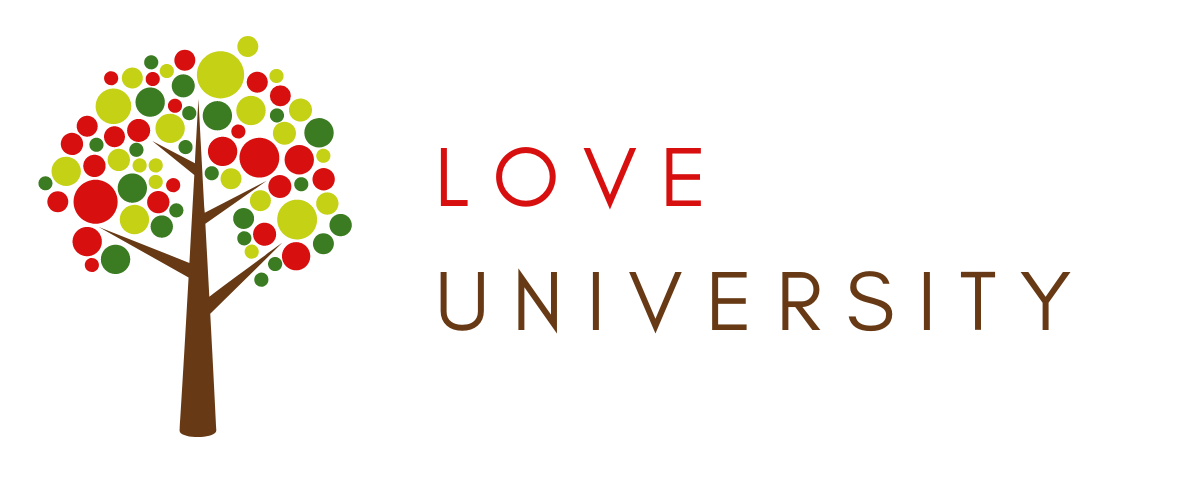The P-Train
I didn’t realize I was born running. It’s like the analogy that fish don’t know they’re wet. A grandmother fish swims by two young guppies and asks, “How’s the water?” The two young ones look at each other, perplexed. “What’s water?” they wonder.
For me, it was the same with running. Before my feet ever hit the ground, while I was still swaddled in my mother’s arms, I was already running right alongside with everyone else in America. I just didn’t know it. When you’re in a sea of runners, it all looks and feels normal. Why would I ever question it? It’s just how it is.
I didn’t realize I was running when, in elementary school, I vied for my teachers’ approval, trying to outscore my classmates on exams. I didn’t realize it was running that had me crushing on boys and daydreaming of my wedding at twelve, even though the idea of kissing a real live boy terrified me. It was running that had me scrutinizing the mirror, wishing for clearer skin, a smaller waist, less frizzy hair. Running pushed me into college even though I knew it wasn’t a good fit, that my brain didn’t learn that way.
As I got older and began reading more and talking more with older people, I started noticing the pressure, the expectations placed on us all, women and men alike, and how exhausting they were. An image came to me: a train. I call it the P-train, fueled by patriarchy, capitalism, and all the other “isms.” We’re all born next to it, always on the “wrong” side of the tracks. From the start we’re told that if we run hard and long enough, we’ll eventually catch up, hop on board, and finally be rewarded with comfort, ease, and belonging.
But the train isn’t what it seems. It has a loudspeaker that runs on a loop: too fat, too thin, too lazy, not smart enough, not pretty enough, not a good enough parent, partner, friend, provider. The soundtrack blares so constantly that we mistake it for our own inner voice. And so we run harder, thinking that if we can just keep up, we’ll be “better.”
If you ever pause long enough to hear the soundtrack clearly, to see the forest for the trees, it can feel disorienting. And if you actually stop running? That’s when people start to worry. They ask if you’re okay, offer quick reassurances, tell you they’ll call when they have time. Because the only way to catch the train, or so we’re told, is to keep running. To stay busy. To read the next book, take the latest supplement, meditate longer, compare harder. To never stop.
Sometimes it takes a shock, such as a death, an injury, or an illness, to notice the running at all. For me, it was all three. Still, I kept running, convinced that something was wrong with me, that I wasn’t fast enough, strong enough, worthy enough to get on board.
Eventually, though, I began the uncomfortable process of stopping. Slowing down. Asking: why are we all running? Who benefits from it? Because it doesn’t feel like it’s us, not for our happiness, or the planet, or our fellow creatures.
When I began to contemplate my own death, I realized all this running wasn’t leading me toward a peaceful ending. It was leading toward regret, over the things I hadn’t tended to, the things that actually make me feel alive, whole, loved.
I don’t have answers, and I certainly don’t have a “perfect” life. What I do know is that stopping, even a little, feels like standing on the tracks with my hands up as the train barrels toward me. The train is still coming, but slower now. Its loudspeaker isn’t quite so loud. In those pauses, my body softens, my mind calms, and my ability to be present grows.
I was born running and never questioned it. Now, like a fish finally realizing what water is, I’m starting to see the endless sprint for what it is, and asking myself: is there another way?
I can’t help but wonder, what would life feel like if we all stopped, even just for a moment, and stepped away from the tracks? If instead of measuring ourselves against the blur of the train, we noticed the ground beneath our feet, the air in our lungs, the people beside us? What if the point was never to catch the train at all, but to see what kind of world we might create when we stop running and start living on our own terms?
Maggie Mae ♥️
